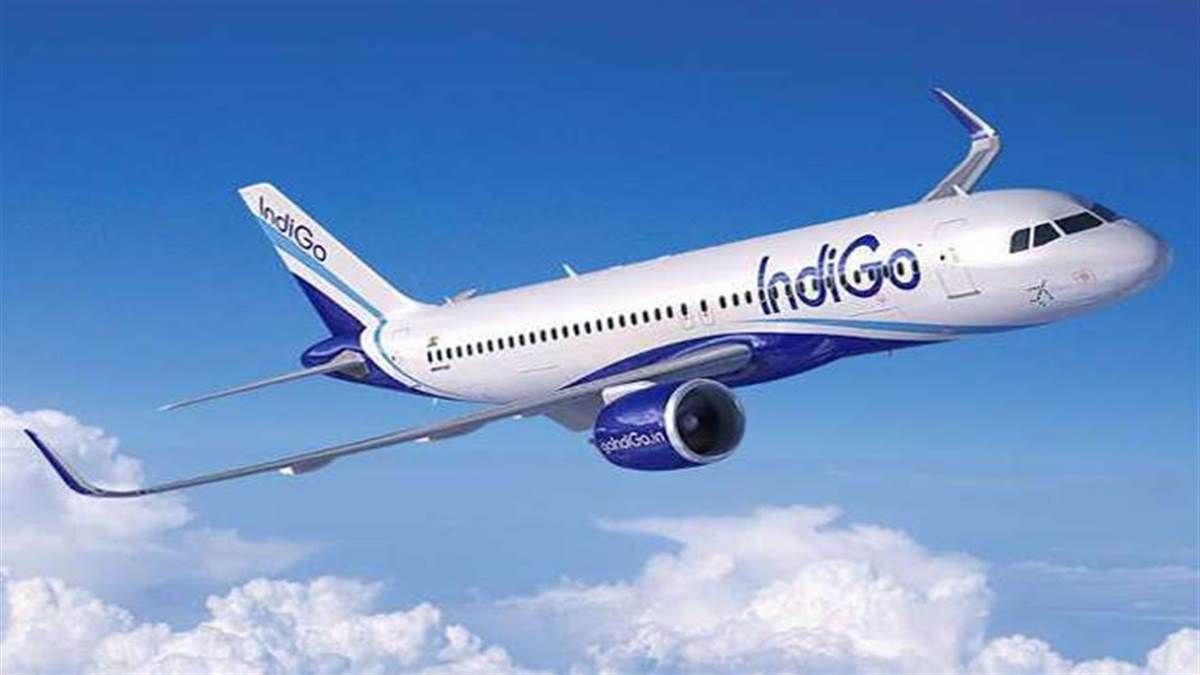A routine morning at Indore’s Devi Ahilyabai Holkar Airport turned chaotic on Saturday after a scheduled flight to Jabalpur was abruptly cancelled following hours of delay, leaving passengers frustrated and demanding accountability from the airline. Travellers who had arrived at the airport by 6:00 AM for IndiGo’s 6:55 AM flight to Jabalpur were initially informed of a minor delay.
At around 7:15 AM, they were transported from the terminal to the aircraft via shuttle buses. However, they remained on board the buses for nearly 90 minutes before being informed the flight was cancelled due to technical issues. The sudden reversal infuriated passengers, many of whom had professional or personal commitments in Jabalpur. With no prior indication of such a disruption, several individuals were left scrambling for alternate travel plans. Airline representatives later confirmed that affected passengers were either refunded or rebooked via alternate connections through Bhopal. Those opting for re-routing were driven by taxi to Bhopal Airport and subsequently boarded a 1:30 PM flight to their destination.
The incident adds to a growing list of passenger grievances at Indore Airport, where delays followed by last-minute cancellations are becoming more frequent. Travellers at the airport have repeatedly reported similar experiences, where timely communication and contingency planning appear lacking. Further compounding the travel woes, an Air India flight to Delhi, typically departing Indore at 10:25 PM, was also cancelled later the same day. Although this particular disruption was communicated to passengers in advance, it further strained public sentiment around airline reliability in the region.
Industry analysts argue that the surge in domestic air traffic—combined with aging fleets and operational stress on budget carriers—is placing infrastructure and service systems under increased pressure. While technical issues are a known challenge, aviation regulators have emphasised the need for clearer communication and more proactive passenger handling during such disruptions. Airline representatives have reiterated their commitment to safety, noting that technical glitches must be addressed before takeoff to avoid inflight risks. However, passengers assert that the timing of the cancellation and the lack of real-time updates left them feeling misled. Several complained that they were kept in the dark during the long wait, only to be abruptly returned to the terminal without clarification.
The Directorate General of Civil Aviation (DGCA) has recently launched a nationwide audit of airlines, airports, and related stakeholders to ensure adherence to safety and service standards. While this may eventually tighten oversight, real-time disruptions continue to impact flyers, especially from Tier-2 cities like Indore. Given the rapid growth of civil aviation in India, aviation experts suggest that airlines must invest in robust passenger communication systems and emergency response protocols. At the same time, airports must upgrade their infrastructure and management systems to align with the demands of modern air travel.
The events in Indore underscore a broader challenge across India’s aviation network—balancing operational efficiency, passenger experience, and aircraft safety in a sector poised for exponential growth. For the travelling public, timely communication, contingency support, and accountability remain key expectations. As India’s air traffic continues to scale new heights, ensuring reliability and responsiveness will be critical in sustaining public trust. While technical glitches may be unavoidable at times, the manner in which airlines handle such disruptions will ultimately shape passenger perceptions and brand loyalty.
Also Read :Indias DGCA Launches Nationwide 360‑Degree Aviation Safety Audit


